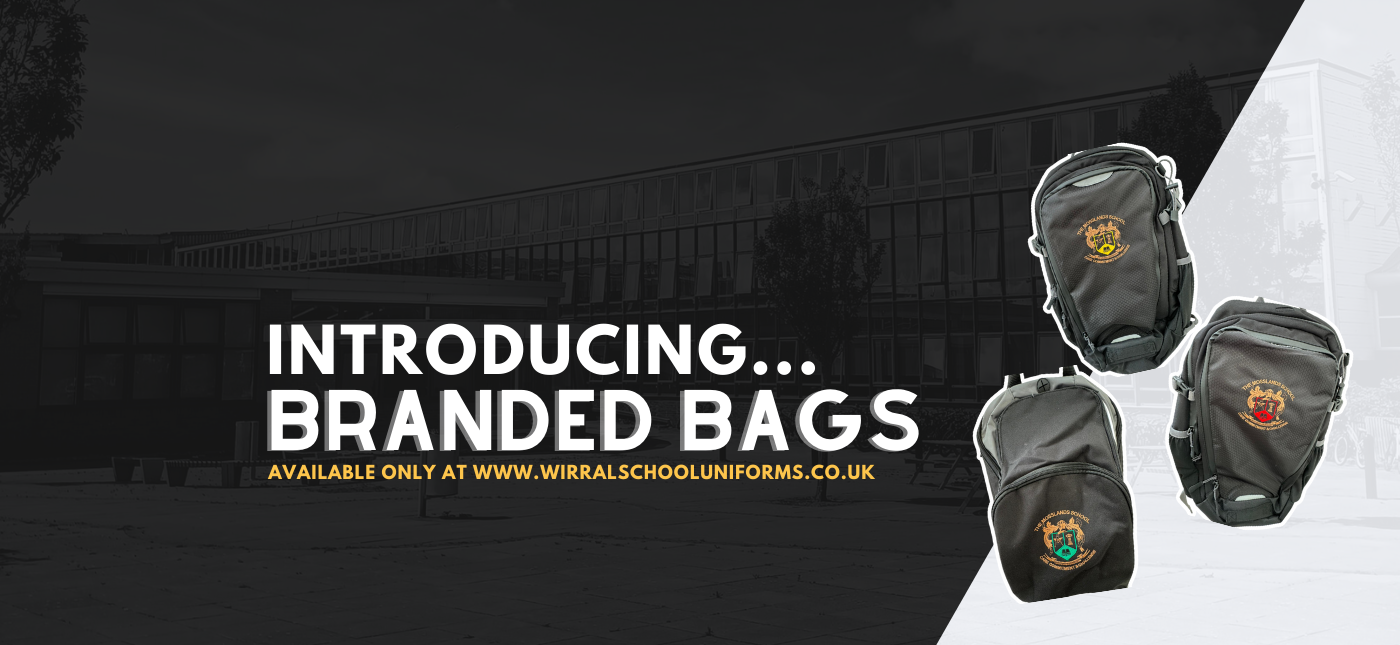Medication in School
Most pupils will at some time have a medical condition that may affect their participation in school activities and for many this will be short-term. Other pupils have medical conditions that, if not properly managed, could limit their access to education. Most children with medical needs are able to attend school regularly and, with some support from the school, can take part in most normal school activities. The Mosslands School is committed to ensuring that children with medical needs have the same right of access as other children.
There is no legal duty that requires schools and staff to administer medication, this is a voluntary role. The ‘duty of care’ extends to administering medication in exceptional circumstances, and therefore it is for schools to decide their local policy for the administration of medication.
The Role of Parents/Carers
Parents/carers should, wherever possible, administer or supervise the self-administration of medication to their children. This may be by spacing the doses so that they are not required within school hours, or by the parent/carer coming in to school at lunch time to administer the medication. However, this might not be practicable and in such a case parents/carer may make a request for medication to be administered to the child at school.
If medicine needs to be administered during school time, then a parent or carer must bring it to the school office and fill in the Parental Consent to Administer Medicine form. Medication must not be given to the form teacher or Pastoral team or brought into school by the child themselves. If medication is for a short term condition, any remaining medication must be collected from the office by a parent or carer at the end of the school day.
Prescription Medication
Prescription medicines should be administered at home wherever possible, for example medicines that need to be taken 3 times a day can usually be taken before school, after school and at bed time. Parents are encouraged to ask the GP to whether this is possible. Prescription medicines will only be administered by the school where it would be detrimental to a child’s health if it were not done.
Medicines should always be provided in the original container as dispensed by a pharmacist and include the prescriber’s instructions for administration. The exception to this is insulin which must still be in date, but will generally be available to school inside an insulin pen or a pump, rather than in its original container. School should never accept medicines that have been taken out of the container nor make changes to dosages on parental instruction.
In all cases it is necessary to check:
• Name of child
• Name of medicine
• Dosage
• Written instructions provided by prescriber
• Expiry date
A Parental Consent to Administer Medicine form must be completed and signed by the parent / carer. No medication will be given without the parent’s written consent.
Prescribed medication, other than emergency medication, will be kept in the SEND office within C block, either in the locked cupboard or the refrigerator as appropriate. All emergency medicines (asthma inhalers, epi-pens etc.) should be with the pupil in their bag at all times. A second Epi-pen for each child who requires one will be kept in the school’s main reception, in a box clearly labelled with the child’s name.
Long Term Medical Needs
It is important for the school to have sufficient information regarding the medical condition of any pupil with long term medical needs. The school will draw up a health care plan for such pupils, involving the parents and the relevant health professionals.
Appropriate training will be arranged for the administration of any specialist medication
( e.g. adrenaline via an epipen, Buccal midazolam, insulin etc.) Staff should not administer such medicines until they have been trained to do so.
Non-Prescription Medication
Where possible, the school will avoid administering non-prescription medicine. However, we may do so, if requested by the parent, if it will facilitate the child attending school and continuing their learning. This will usually be for a short period only, perhaps to finish a course of antibiotics, to apply a lotion or the administration of paracetamol for toothache or other pain. However, such medicines will only be administered in school where it would be detrimental to a child’s health if it were not administered during the day.
A child under 16 should never be given aspirin-containing medicine, unless prescribed by a doctor.
If non-prescription medication is to be administered, then the parent/carer must complete a Medication Consent Record form and the same procedure will be followed as for prescription medication. The medicine must be provided in its original container, with dosage information on it. The parent’s instructions will be checked against the dosage information, and this will not be exceeded.
Administering Medicines
Medicines will only be administered by members of staff who have been trained in the safe administration of medicines. Appropriate training will be arranged for the administration of any specialist medication (e.g. adrenaline via an Epipen, Buccal midazolam, insulin etc.) Staff should not administer such medicines until they have been trained to do so. The SENDCO will maintain a record of staff trained in specialist medication for children with Health Care Plans.
When a member of staff administers medicine, they will check the child’s Administration of Medication Permission and Record form against the medication, to ensure that the dose and timing are correct. They will then administer the medicine as required, and record this on the form. For long-term medication, a Parental Consent to Administer Medicine form will be used as necessary.
Emergency Inhalers
In line with “Guidance on the use of emergency salbutamol inhalers in schools” March 2015, the school will keep emergency reliever (blue) inhalers for the emergency use of children whose own inhaler is not available for any reason. They will be stored in the main school office, along with appropriate spacers.
Use of Medical Conditions Plans
Medical Conditions Plans are used to:
- inform the appropriate staff and supply teachers about the individual needs of a
student with a medical condition in their care - remind students with medical conditions to take their medication when they need to and, if appropriate, remind them to keep their emergency medication with them at all times
- identify common or important individual triggers for students with medical conditions at school that bring on symptoms and can cause emergencies.
- provide the required information to a member of staff when conducting a trip or visit.
















